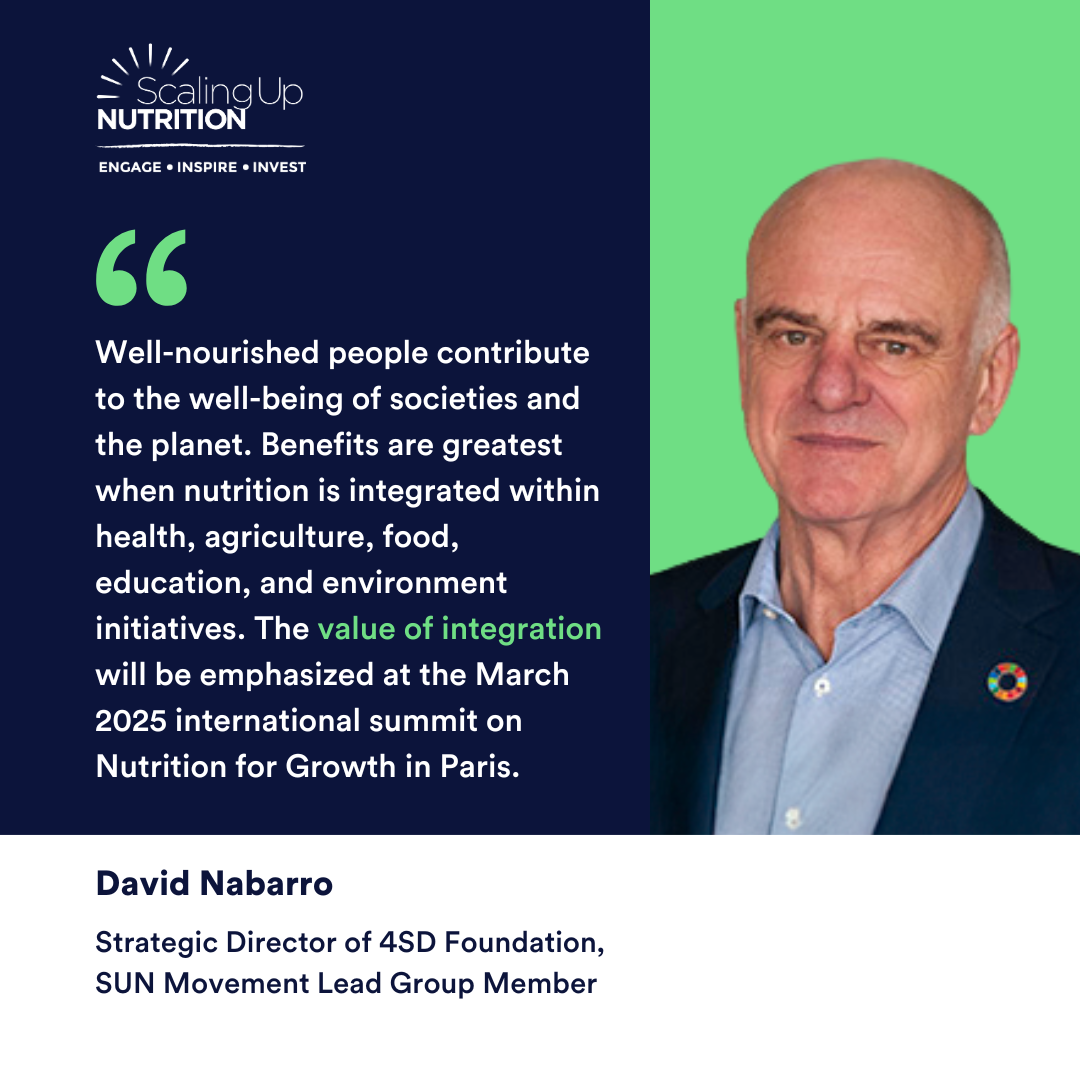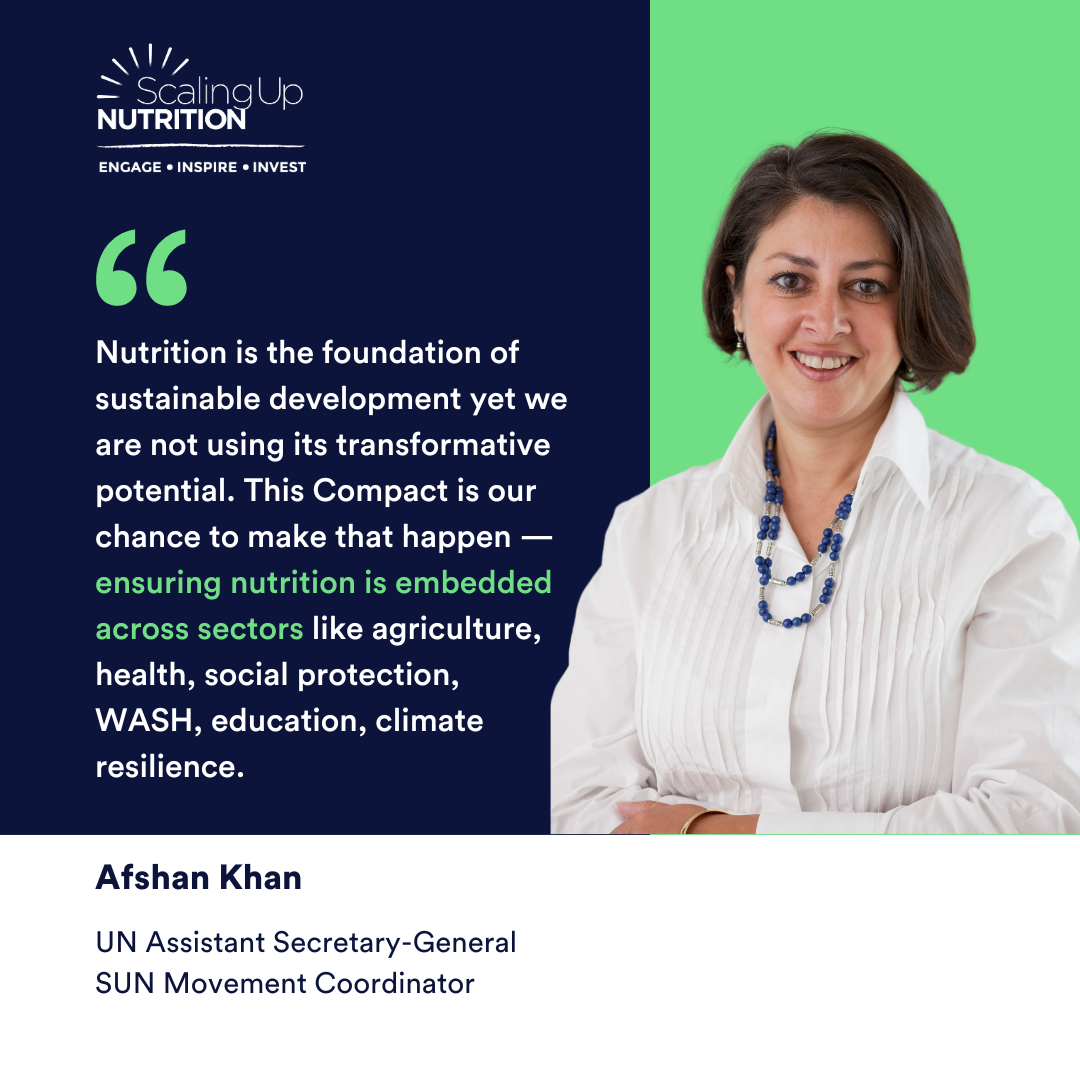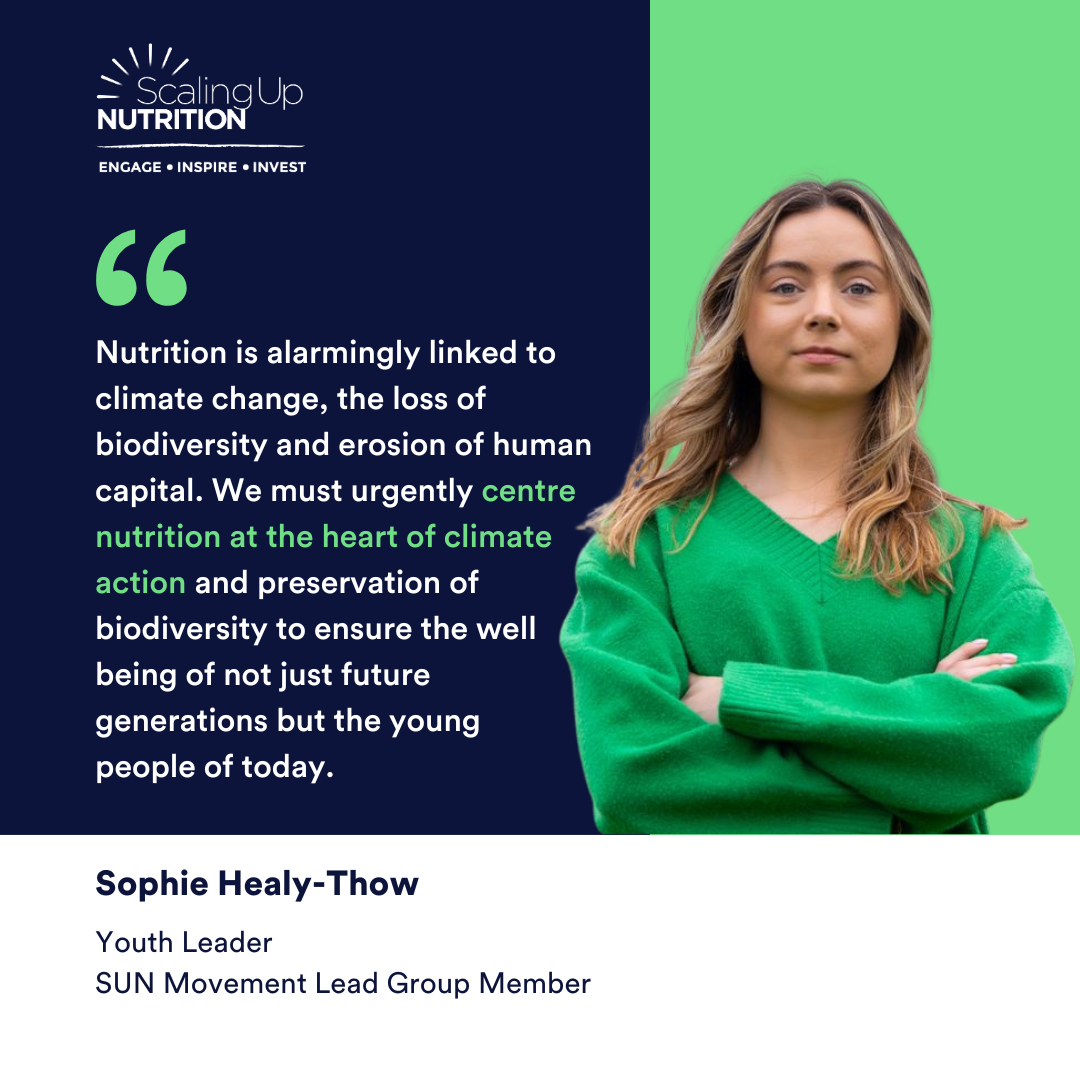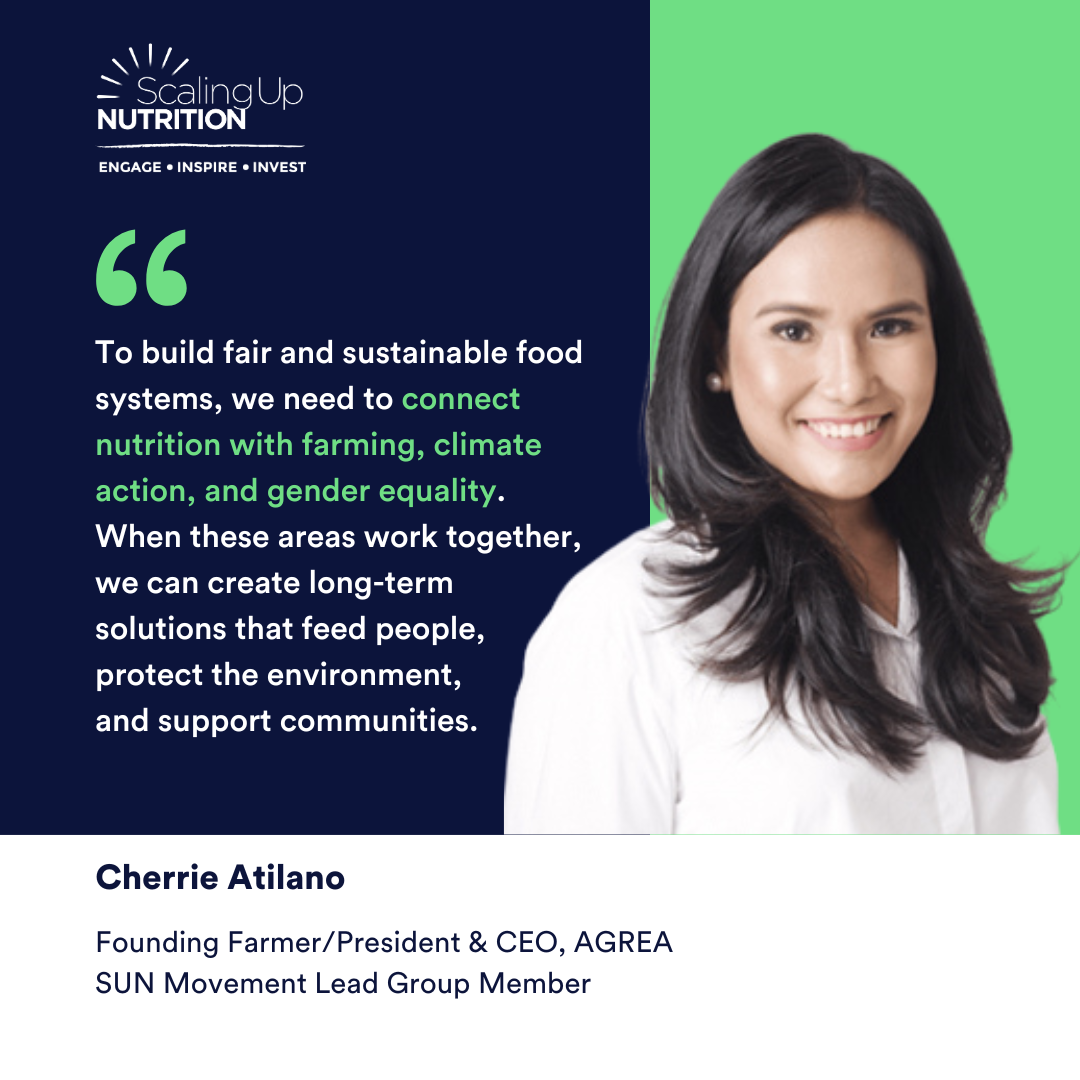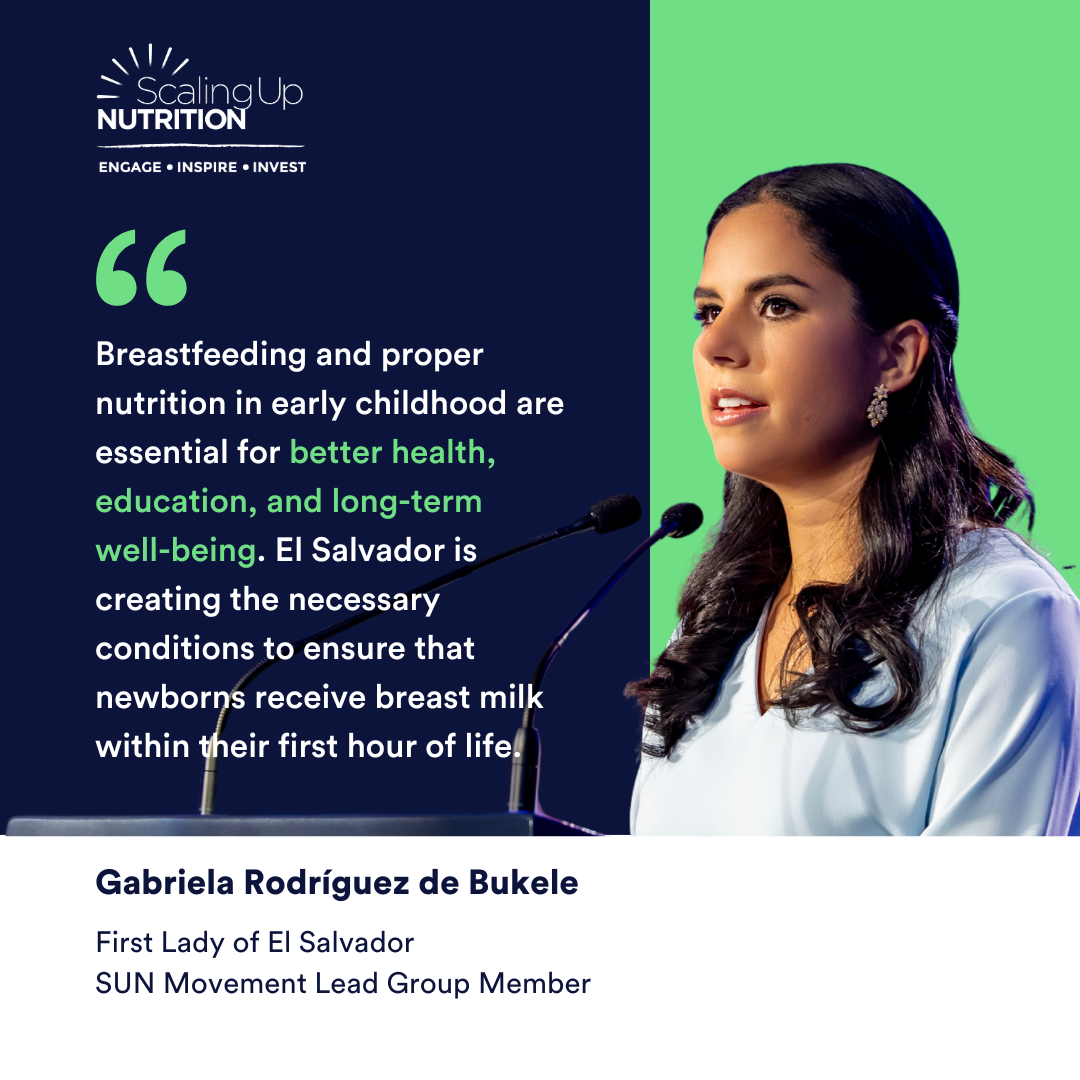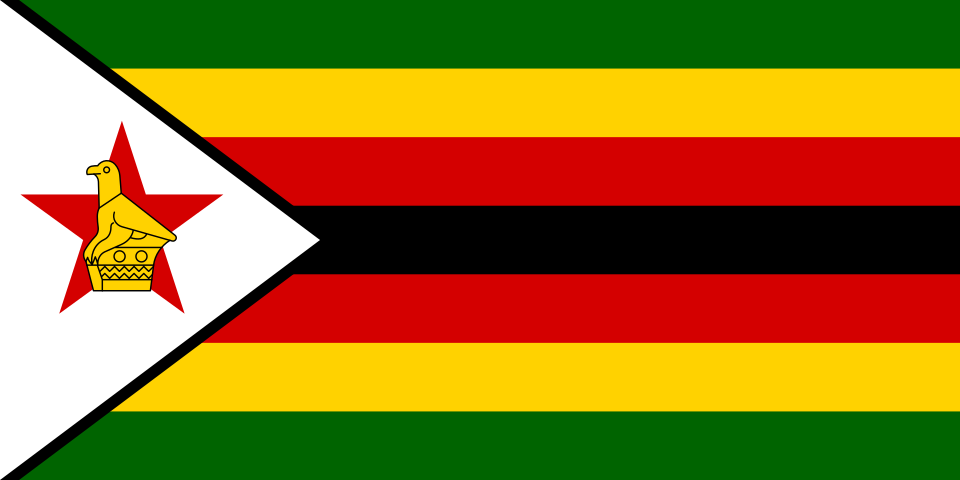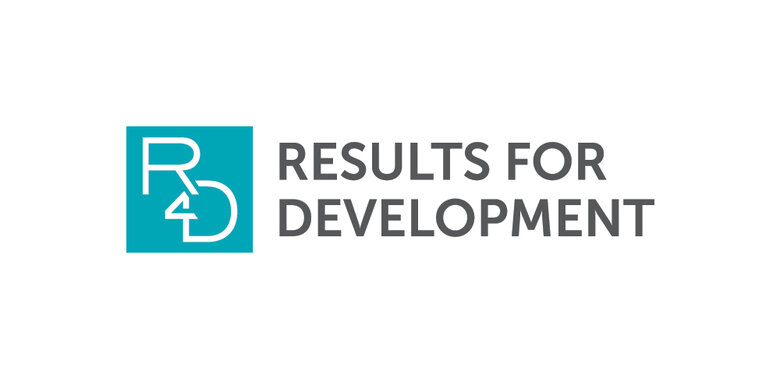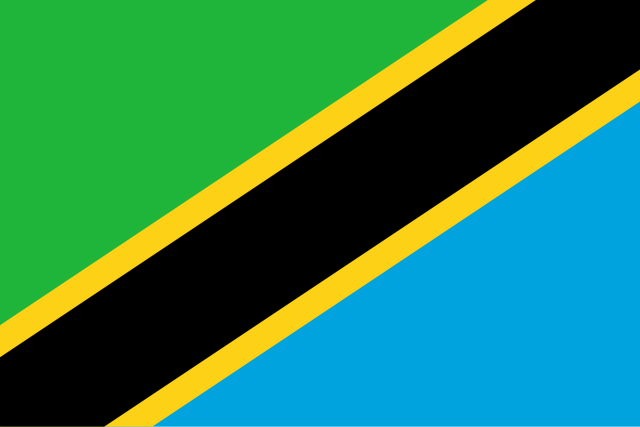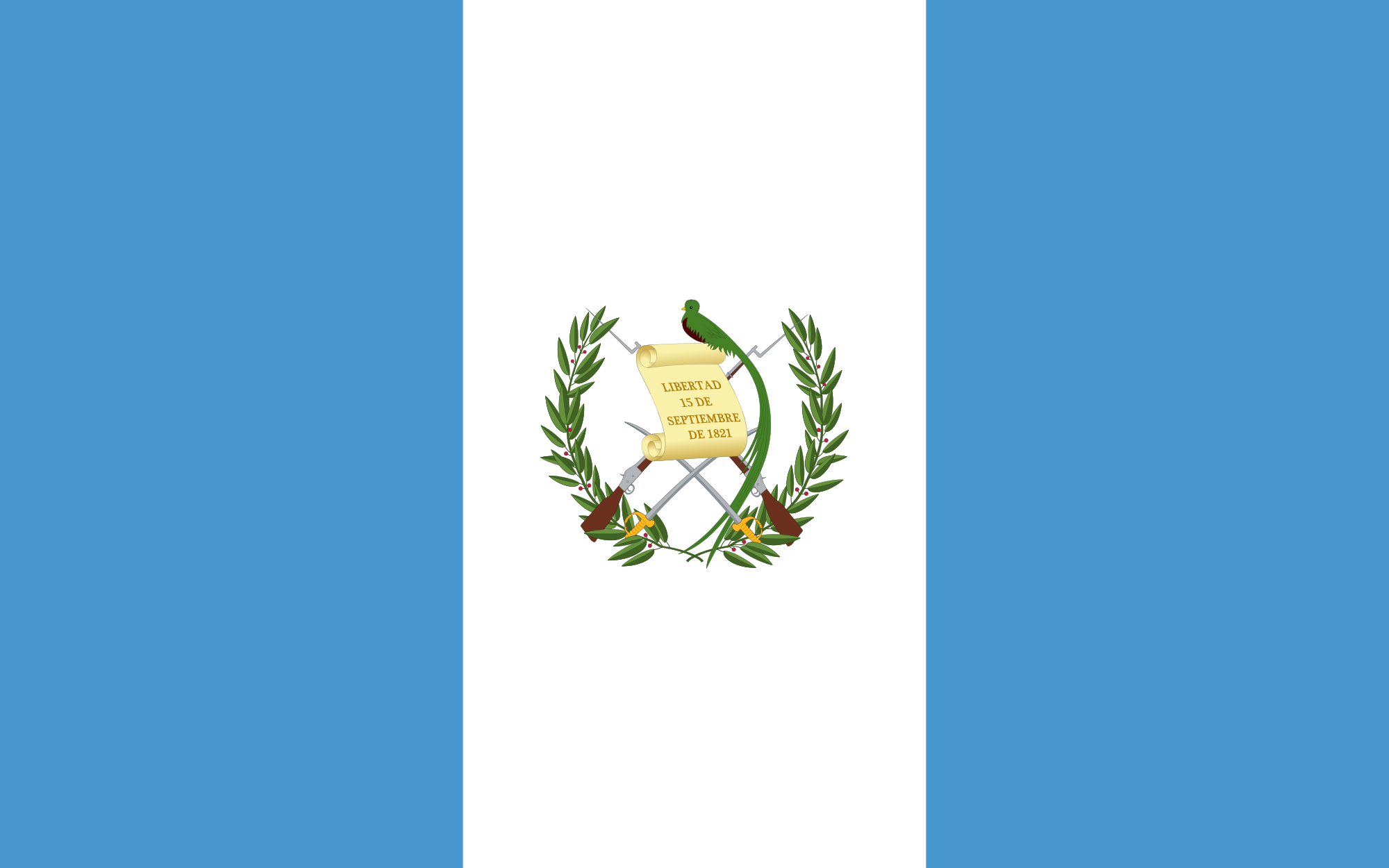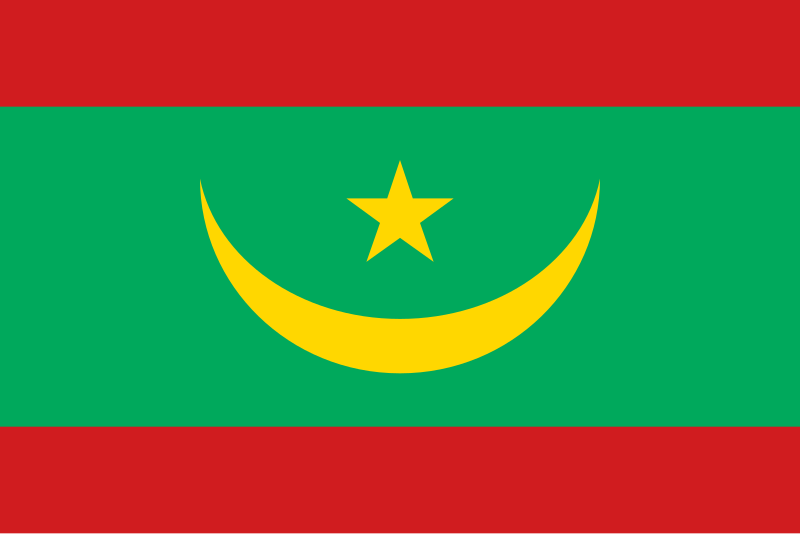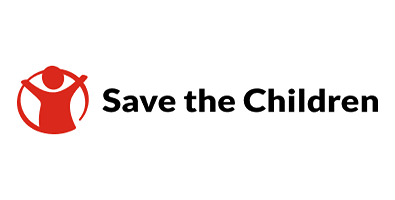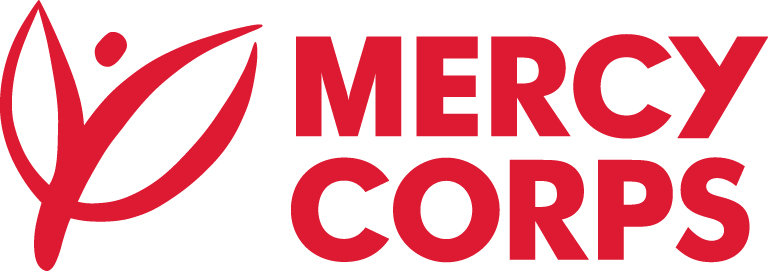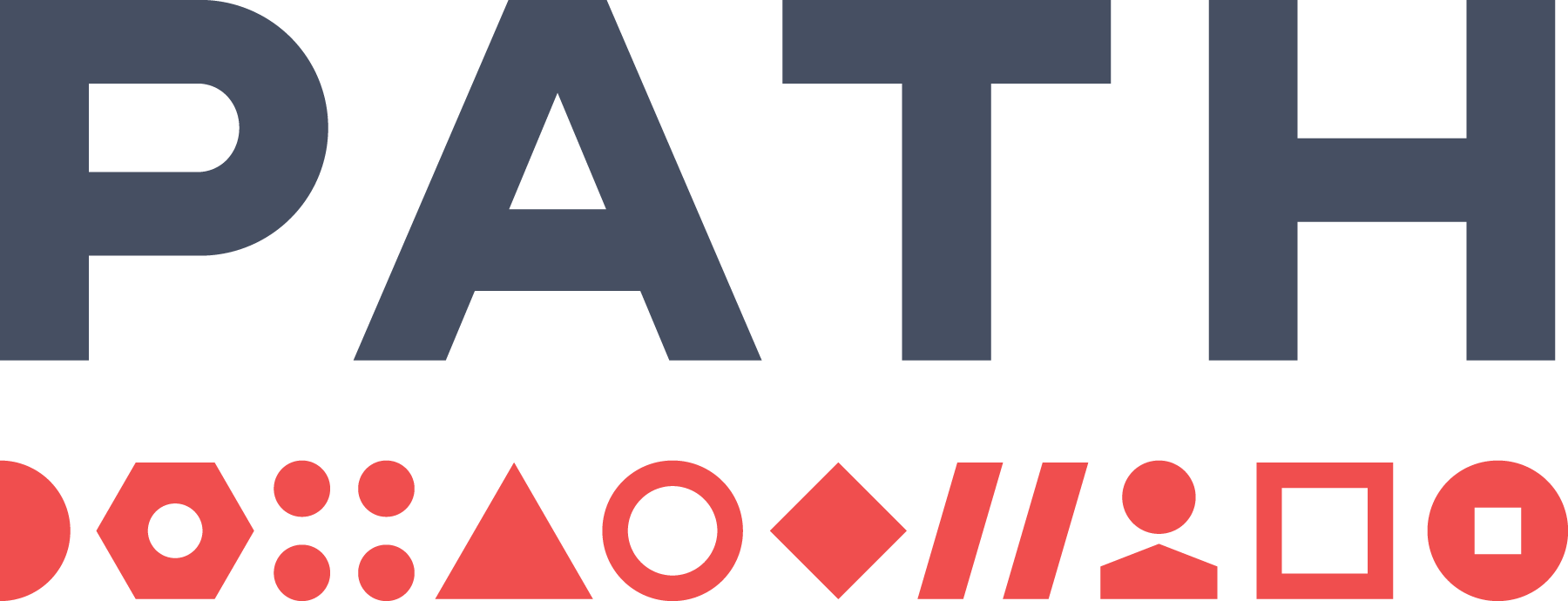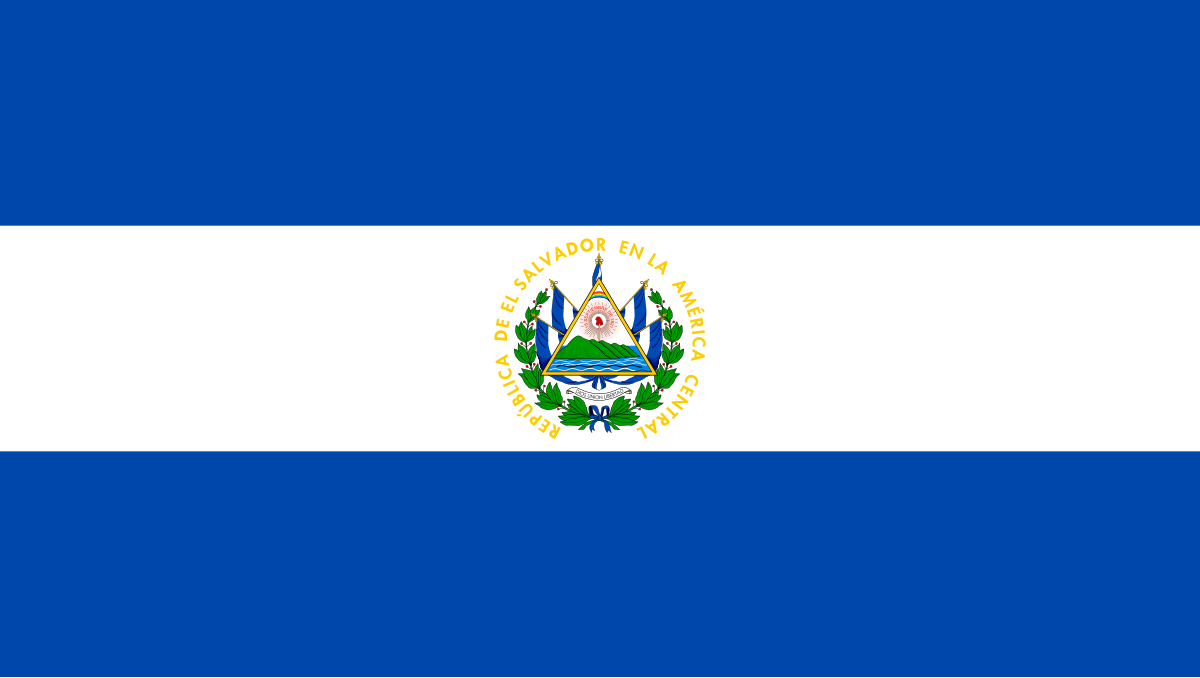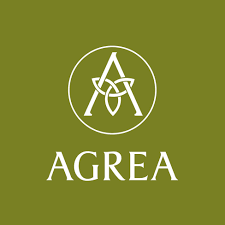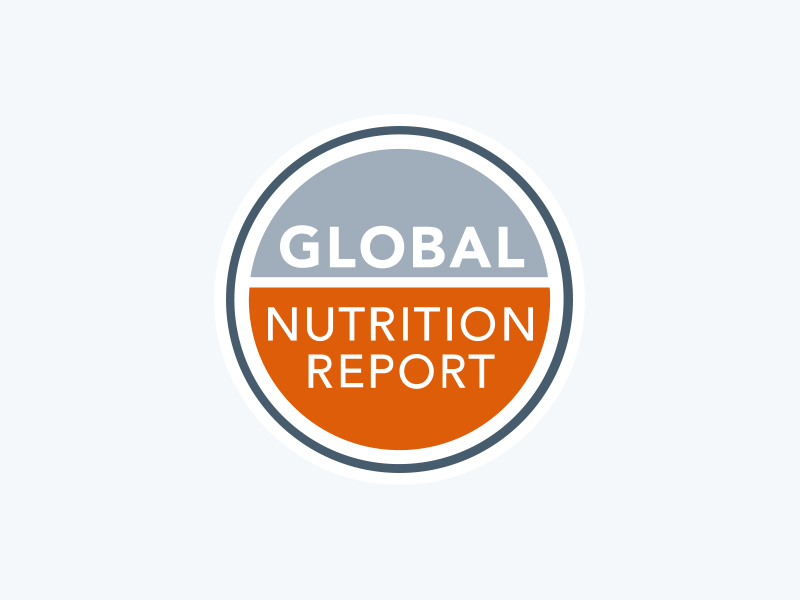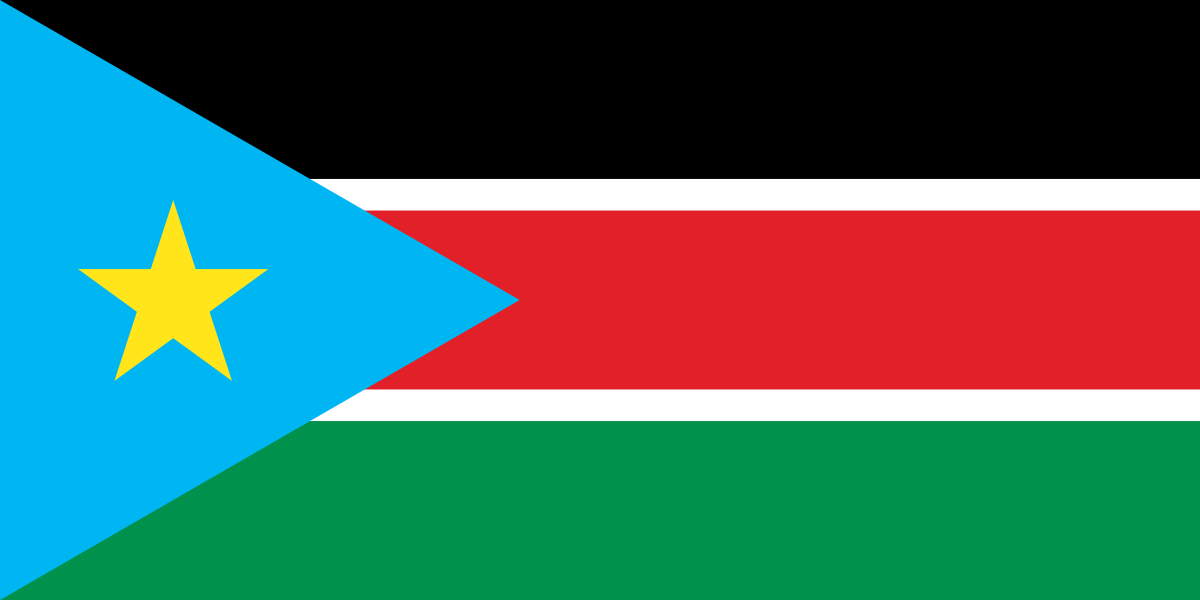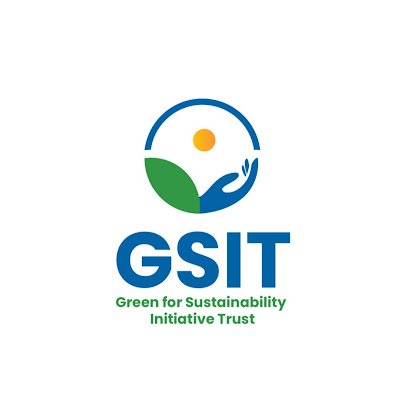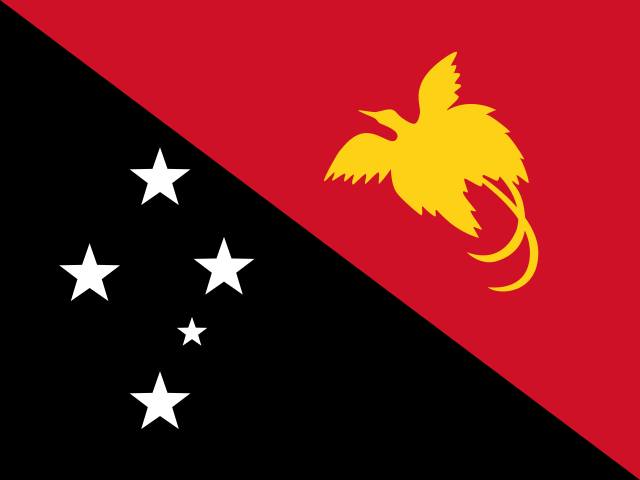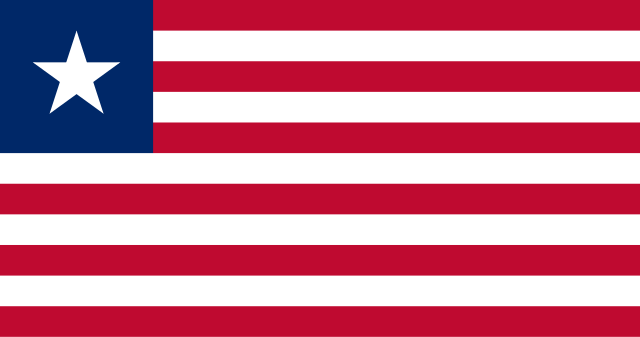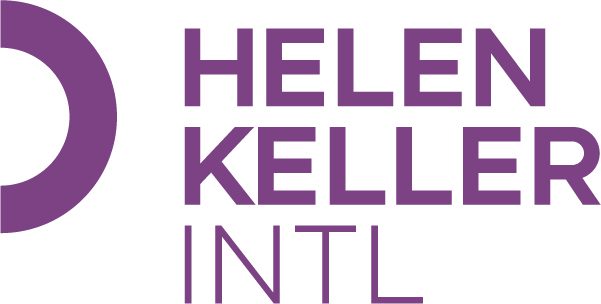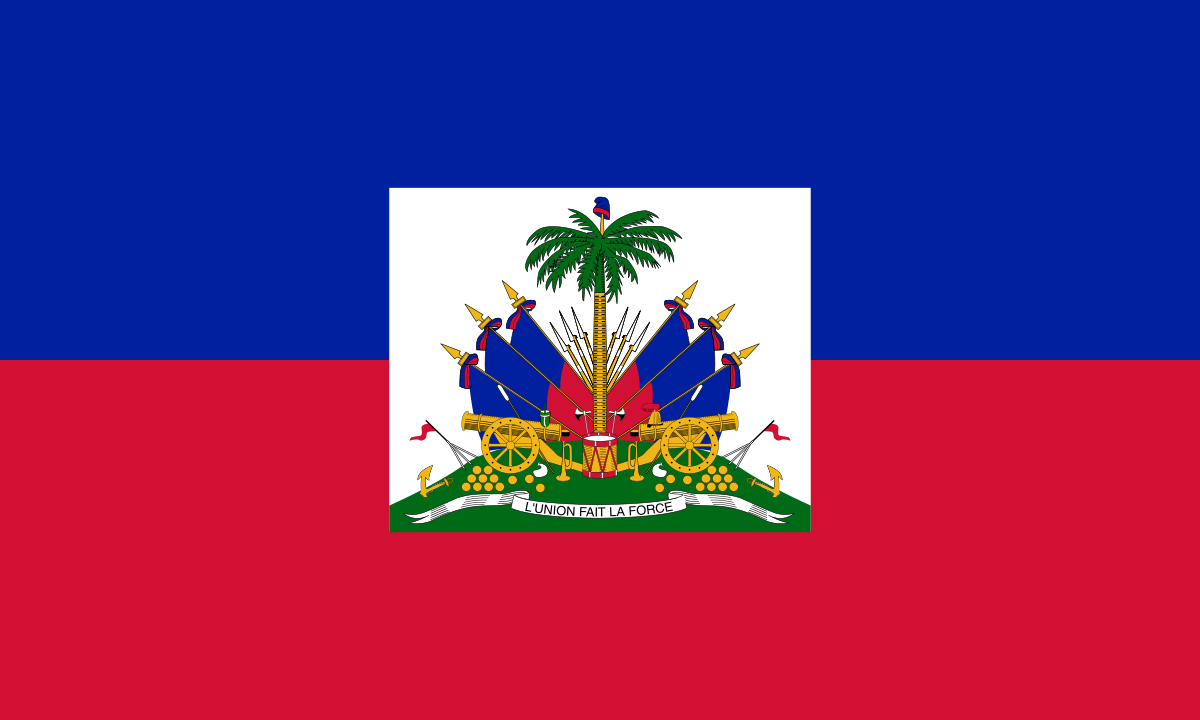The Global Compact for Nutrition Integration
The Global Compact for Nutrition Integration
The SUN Coordinator, UN Assistant Secretary General, Afshan Khan invites countries and organizations to sign up to the Global Compact for Nutrition Integration and help keep nutrition at the forefront of the global agenda. By doing so the SUN Movement can send a strong collective message to represent SUN country interests at the Nutrition for Growth Summit.
The Global Compact for Nutrition Integration is a collective effort to mobilize, sustain, and implement nutrition integration commitments from a broad range of stakeholders. SUN countries have long championed multi-sectoral approaches to nutrition. This Compact takes integration further, bringing together an even wider range of partners focused on economic growth, productivity, trade, and climate resilience—sectors that, until now, may not have explicitly prioritized nutrition.
In a time of shrinking Overseas Development Assistance (ODA) and growing challenges posed by humanitarian crises and climate change, the Compact provides a framework to ensure nutrition objectives are embedded in policies, programs and financing across all relevant sectors.
Your commitment is not legally binding, but it will send a strong signal of support for integrating nutrition into broader development strategies at the coming N4G Summit.
Read the Global Compact for Nutrition Integration below:
Together, we can drive lasting change and ensure nutrition remains a priority in global development.
Q&A on the Global Compact and Coalition on Nutrition Integration
The term describes the inclusion of nutrition objectives and related activities into relevant sector policies, programmes and investments so that they deliver nutrition benefits alongside other objectives. For more information, see 2025 Recommendations of Commitments by N4G theme: Nutrition For Growth.
The Compact brings together a wide range of stakeholders. It extends nutrition objectives to areas of policy, programming and investment that do not include nutrition objectives presently. It fosters wider collaboration, bringing fresh ideas, perspectives, lessons and potential solutions to address outstanding challenges.
The Global Compact on Nutrition Integration will mobilise new integration commitments and support strengthening existing ones. These commitments will be registered in the Nutrition Accountability Framework (NAF).
The ‘Nutrition Integration Coalition’ is the group of commitment makers that sign up to the Global Compact on Nutrition Integration. They will work together through existing networks and initiatives, such as the Scaling Up Nutrition (SUN) Movement, and benefit from wider stakeholder engagement. Engagement with the Coalition is optional and non-signatories may join the Coalition before they join the Compact.
The Compact aims to mobilise and sustain more and better commitments to integrate nutrition from a larger range of stakeholders. Success will be an increase in the inclusion of nutrition objectives and activities in policies and programmes in all relevant sectors.
The Nutrition Integration Compact responds to the N4G Paris 2025 vision. It calls on N4G participants to make and sustain commitments to integrate nutrition through the NAF. The N4G Final Statement will capture these integration commitments as well as other pledges.
The Compact is open to governments, multilateral organisations, donors, investors, foundations, civil society and research organisations.
‘Signing up’ to the Compact and Coalition does not require the physical signature of a named individual. A decision to join or signal of intent to do so, can be communicated via email to FCDONutrition@fcdo.gov.uk or to the SUN Coordinator, Ms Afshan Khan, through the SUN website. Governments and organisations must use their own process and level of decision making to authorise this (it does not necessarily have to be at ministerial level or by a particular ministry). We expect that the decision would be made at the same level as individual N4G commitments on nutrition integration submitted to the NAF, since the Compact and Coalition are bringing everyone’s integration commitments together.
The Compact will not have a separate reporting and accountability mechanism. Reporting and accountability will rely on the requirements for individual commitments made in the Nutrition Accountability Framework.
The Compact aims to mobilise financing by promoting the allocation of resources in different sectors to deliver nutrition outcomes alongside other objectives at domestic/national, regional and global levels.
The Global Compact on Nutrition Integration is firmly linked to SDG 2.2. and the Global Nutrition Targets. The Compact and Coalition intend to help improve monitoring and learning about policy and programme impact on nutrition in line with these goals.
The Compact does not include a new institutional set-up that requires financing. Dialogue and collaboration will happen through existing networks. The Compact does not offer funding to implement nutrition integration commitments. The Coalition will help connect commitment-makers with each other and provide a platform for collective advocacy for integrated nutrition action and share lessons on successes.
In line with France’s protocol, the UK has sent letters of invitation to attend the launch of the N4G Global Compact on Nutrition Integration to all those invited by France to attend the N4G Summit. These have been sent to Ministries of Foreign Affairs (MOFA) in line with protocol, and with an expectation that MOFA would delegate to the relevant Ministry leading on nutrition. The invitation to the Compact Launch on 26 March does not specify the process for signing up to the Global Compact on Nutrition Integration. The UK will send a note of clarification about this to all invitees.
SUN has taken a leadership role in mobilising support to the Global Nutrition Integration Compact and has: i) Socialised the compact with countries, ii) Issued letters from the Sun Coordinator to the Focal Points in support of the Compact; iii) Opened up a dedicated webpage on the Compact which allows SUN countries and partners signal their support for the Compact.
SUN and the UK’s Foreign, Commonwealth and Development Office (FCDO) are completely aligned on the Compact. SUN has played a leading role in mobilising support from SUN countries.
The Compact does not need to be signed at Ministerial level and it does not need to be signed at the event itself. The Compact document presented at the launch on 26 March is expected to show a list of country or organisation names that have agreed to join the Compact – not actual signatures.
You may need more time to get internal agreement to join the Compact. The opportunity to sign is open to everyone until the 30th June, which is France's deadline to submit the N4G commitments to the NAF.
The Compact and Coalition are a ‘living’ process and therefore members can also come on board at any time thereafter.
The Compact is not legally binding and has the same status as the N4G commitments submitted to the Nutrition Accountability Framework (NAF).
